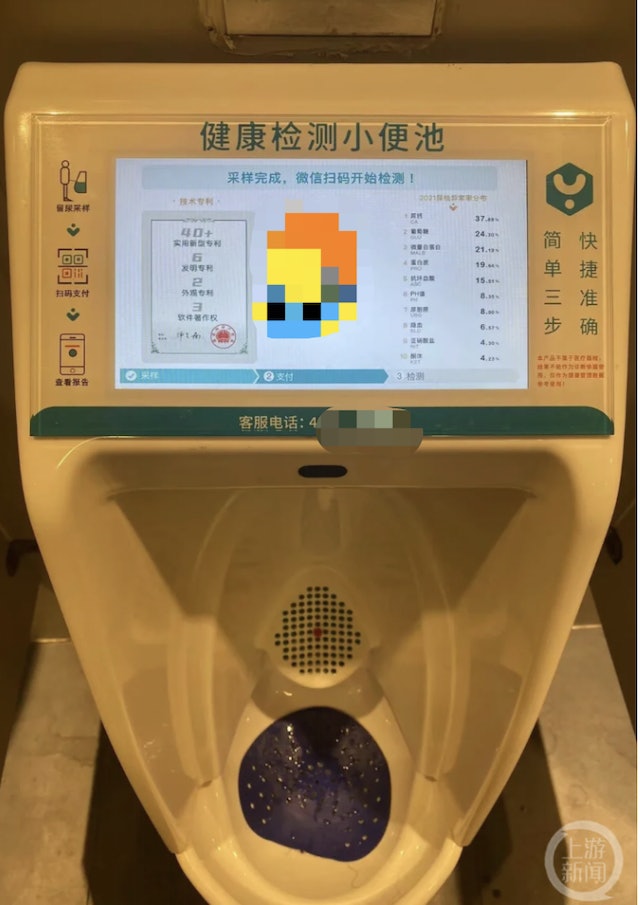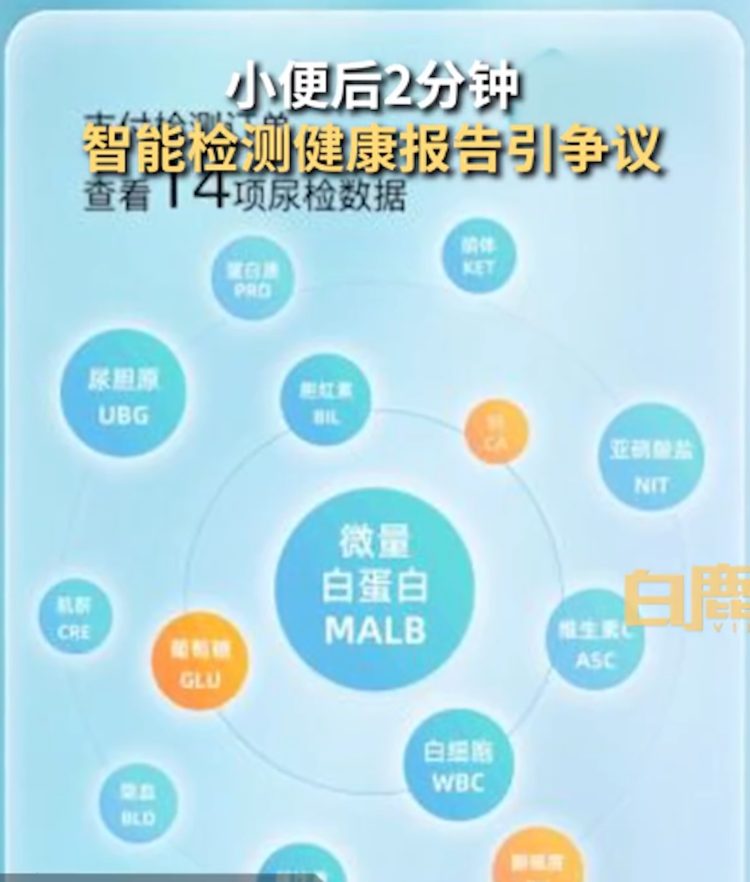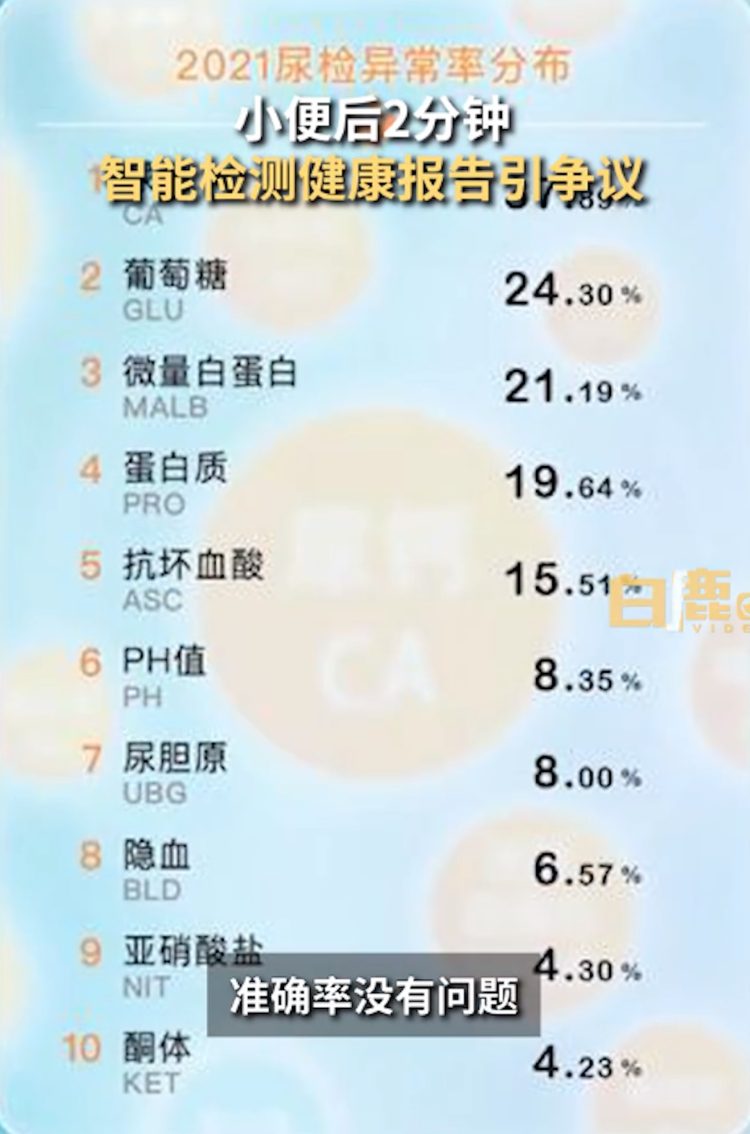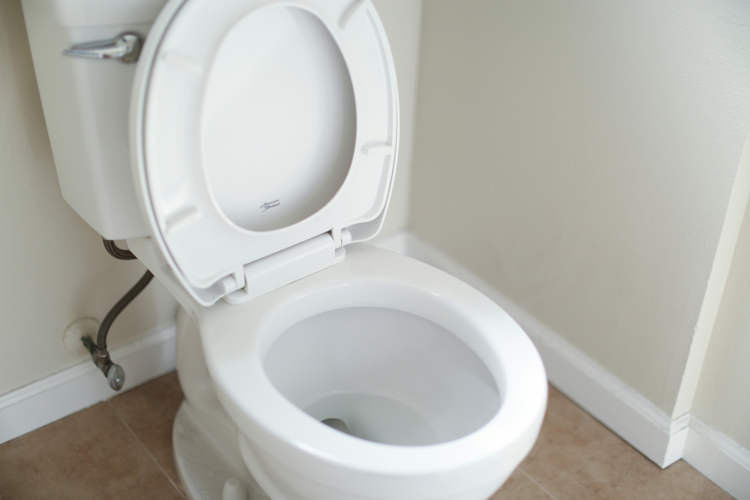Chinese netizens have been reporting the presence of high-tech urinals capable of conducting quick urine sample tests at shopping malls, scenic spots, and other busy urban areas.
Photos of a strange-looking urinal at a mall somewhere in Beijing’s business district have been doing the rounds online and sparking heated debates. Apparently, it features a digital display complete with a built-in payment processing unit that allows users to have their urine tested after relieving themselves. The urinal presumably has hidden sensors that analyze the urine for a bunch of markers, including calcium, glucose, protein, ketone bodies, ascorbate, and others. The information displayed on the screen suggests that the developer has obtained some patents for the urine testing technology, but the accuracy of the results is a matter of contention…

According to Bastille Post, the customer service of the company operating these high-tech urinals claims that their devices use the same principle as hospital testing units and that the results can be used as a health reference, but that seems highly unlikely, considering the location of the urinals and the hygiene concerns. The company claimed that its engineers took hygiene issues into consideration when designing the urinals, but didn’t really go into details.
When using the urinal, a message will appear on the screen – ‘You will get a urine test report after peeing, will you pay for it?’ – along with a QR code that you can scan for payment. The test is completed in about 2 minutes after scanning the code and confirming the payment. The required fee is reportedly $2.80. That’s a lot cheaper than a hospital urine test, that’s for sure.

The high-tech urinals have reportedly been around since at least 2021, but they only recently went viral after some photos of the one spotted in Beijing’s business district were spotted online. According to one Chinese doctor, the urine test conducted by the smart urinal can be regarded as a health reminder at most, as there are still certain errors compared with the test conducted in a clinic or hospital.

Since the controversy surrounding these smart urinals erupted online, one user shared a photo of the disclaimer allegedly spotted on one unit, which reads ” “This product is not a medical device, and the results cannot be used as a basis for diagnosis, and are only used as a reference for health management data.”












